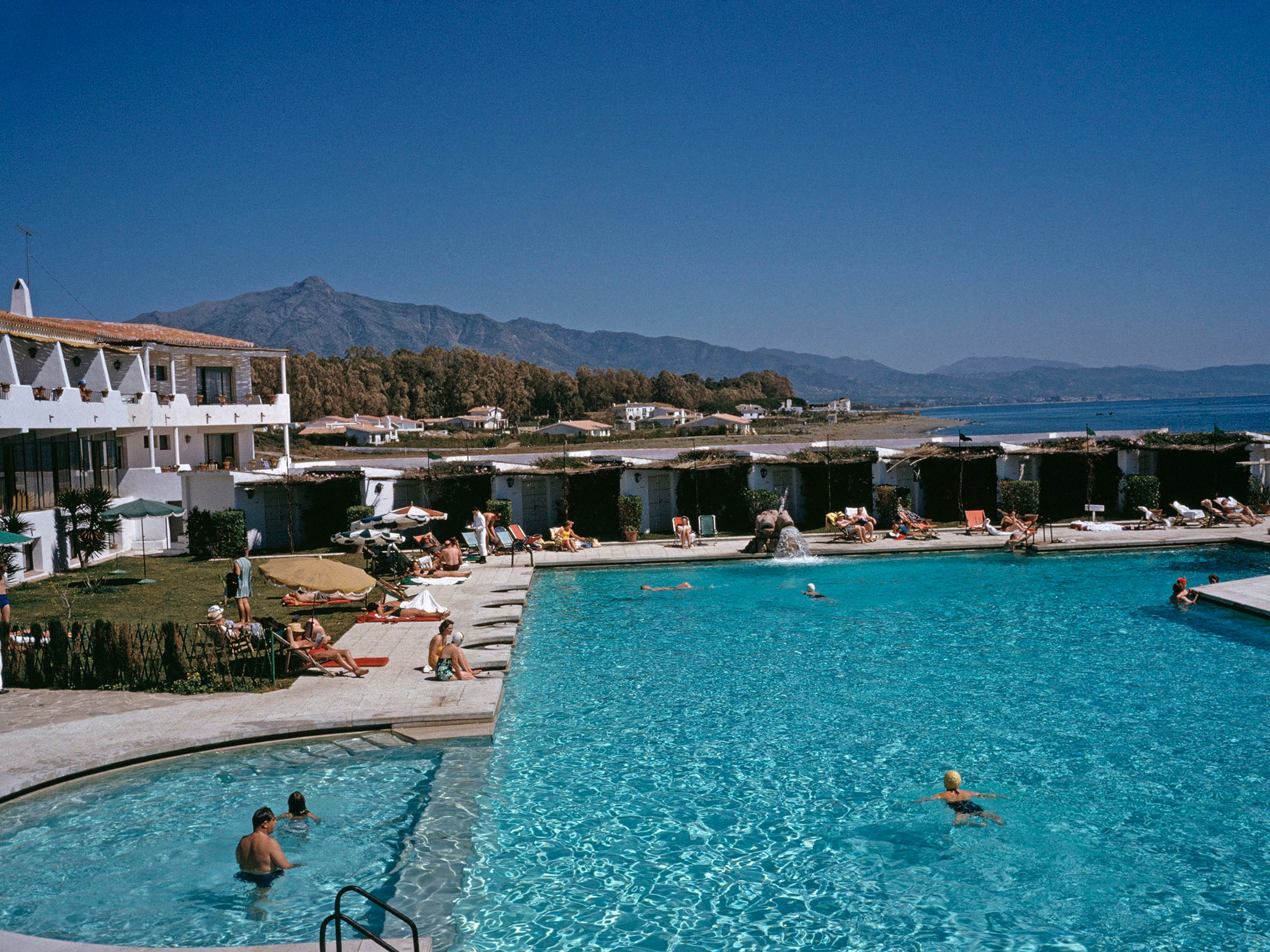EU referendum: Brexit campaigners accused of risking return to days of 'Costa del Crime'
Home Office figures show nearly 140 suspects were brought back to UK to face justice last year under EU system

Brexit campaigners have been accused of putting international security co-operation at risk, after the Home Office disclosed that nearly 140 suspected criminals were brought back to Britain to face justice last year under a European Union system.
In the past six years, 785 European Arrest Warrants have been served by police forces to repatriate UK nationals accused of crime and terrorism from other member nations. But this mechanism would come to an end if Britain left the EU.
Over the same period, 6,165 suspected offenders have been removed from Britain to stand trial in their home countries following requests from European courts.
In 2014-15, 138 people were returned to Britain under the system, while 1,093 foreign suspects were sent back to other EU countries.
The heavy use of the warrant system –which has long been criticised by Eurosceptic campaigners – emerged in a written answer by the Home Office minister James Brokenshire, received by the Liberal Democrats.
Tim Farron, the party’s leader, told The Independent: “Working together to catch criminals shows why we need to lead in Europe and not leave. This vital co-operation would be put at risk if we vote to leave. For all these supposedly ‘law and order’ Conservatives to turn their backs on that shows how determined they are to pull up the drawbridge. They seem to want to go back to the bad old days of the Costa del Crime.”
Sir Hugh Orde, former president of the Association of Chief Police Officers, said: “These new figures demonstrate why being in Europe is so vital to the safety of Britain’s streets. For our police forces, the ability to quickly deport foreign criminals, and bring villains back to face British justice, is invaluable.
“If we vote to leave ... we will no longer be able to use this crucial tool to fight crime.”
Leave campaigners retort that the warrant system is open to abuse because it assumes common standards of justice across Europe and does not have enough safeguards against mistaken identity and people being pursued on flimsy evidence.
In 2014 the coalition government withdrew from more than 130 EU criminal justice measures and immediately opted back in to 35 which it believed benefited Britain.
Theresa May, the Home Secretary, is a strong advocate of the warrant system for detaining terrorists and breaking up paedophile networks, after forcing through changes to prevent its indiscriminate use.
Data from the National Crime Agency shows the largest number of arrests of wanted people under the warrants takes place in Spain, followed by Ireland and the Netherlands.
Meanwhile, David Cameron took his campaign for a vote on 23 June to stay in the EU to the Welsh Tory conference, where he argued British farmers could “suffer enormously” if the UK leaves.
The London Mayor, Boris Johnson, told a rally in Dartford, Kent, that Britain could adopt a Canadian-style trade deal with the EU if it voted to go. But Mr Cameron retorted that the proposed Canadian deal was still not in force seven years after negotiations began on its detail.
Tony Blair called on the pro-EU side to “get out there with a bit of passion and vigour” to make the case for membership. However, he conceded it might be counterproductive to the cause if he himself took part in the campaigning.
Mr Cameron suffered a setback when a senior Conservative MEP, Syed Kamall, who helped him negotiate last month’s new deal over Britain’s relationship with Brussels, announced he was backing Brexit.
Mr Kamall, chairman of the Conservatives and Reformists Group in Strasbourg, told the London Evening Standard he had “really struggled” with his decision but had been swayed by EU rules preventing talented non-European migrants from working in Britain.
Leading Leave campaigners stepped up accusations that their opponents were guilty of scaremongering.
Iain Duncan Smith, the Work and Pensions Secretary, said: “I listen to these endless comments and speeches about the dire warnings, they are almost biblical; you are expecting a plague of frogs and the death of the first-born.”
Join our commenting forum
Join thought-provoking conversations, follow other Independent readers and see their replies
Comments
Bookmark popover
Removed from bookmarks